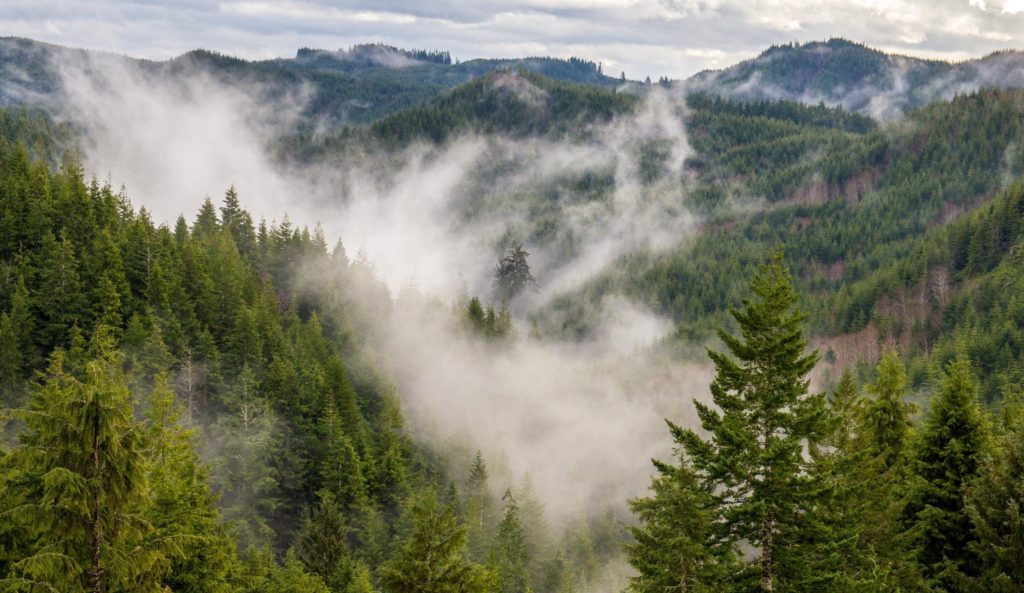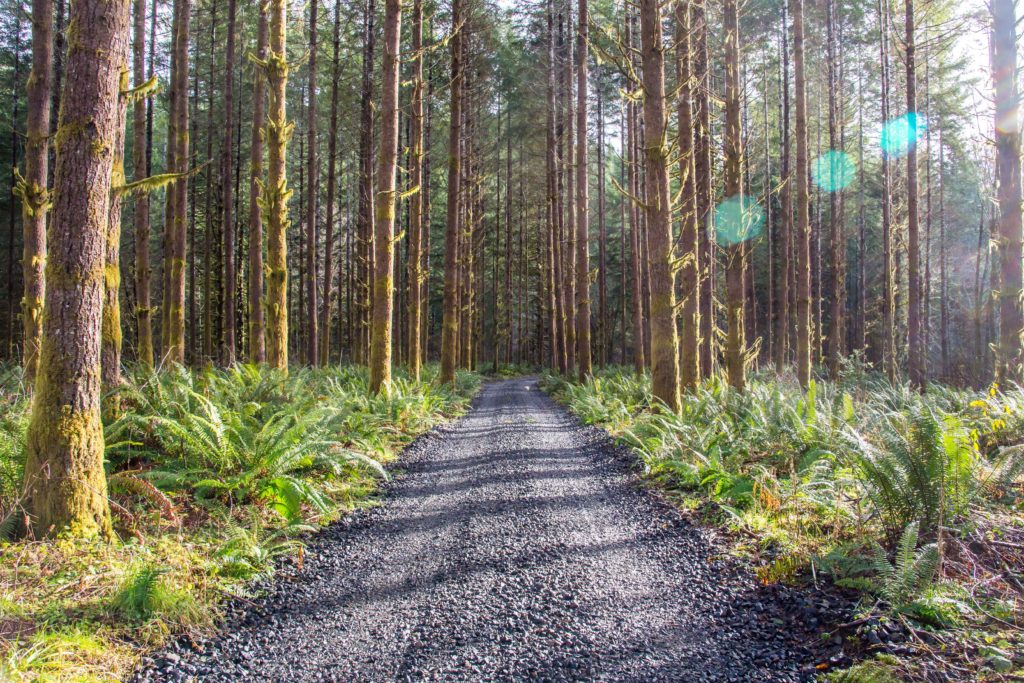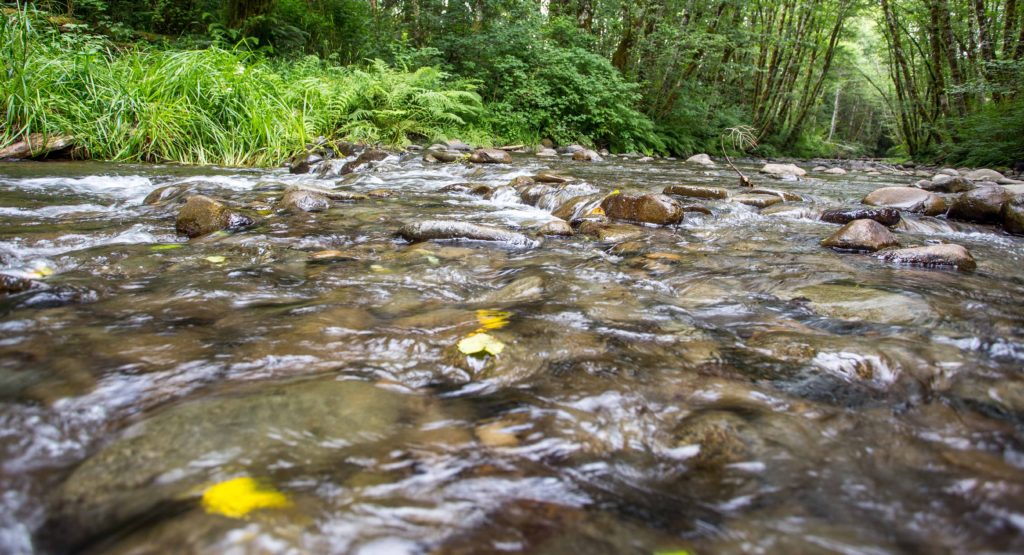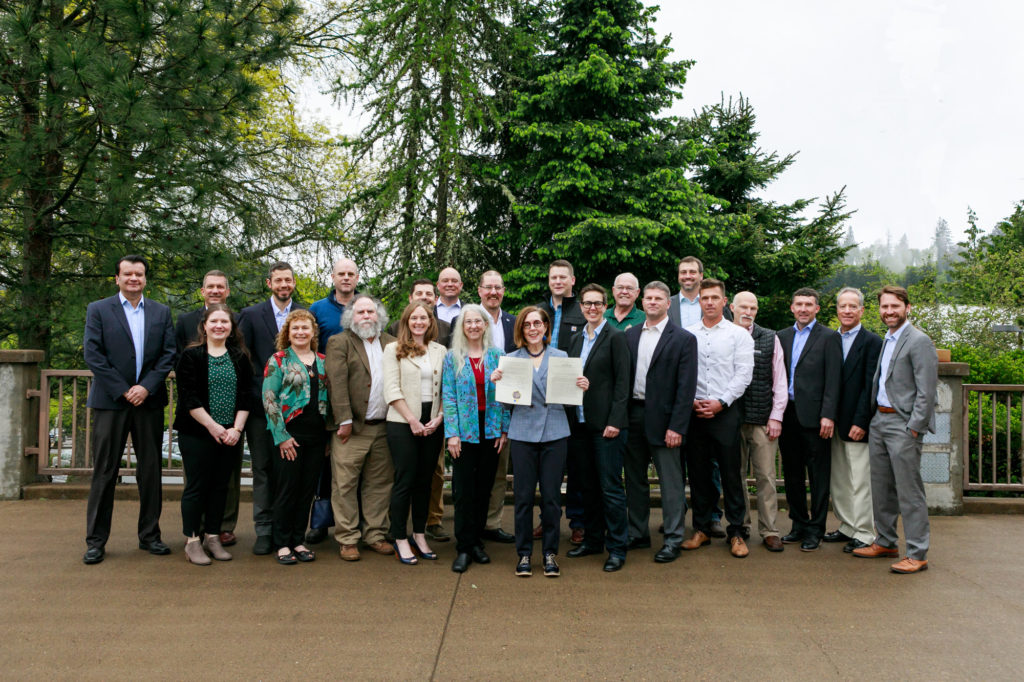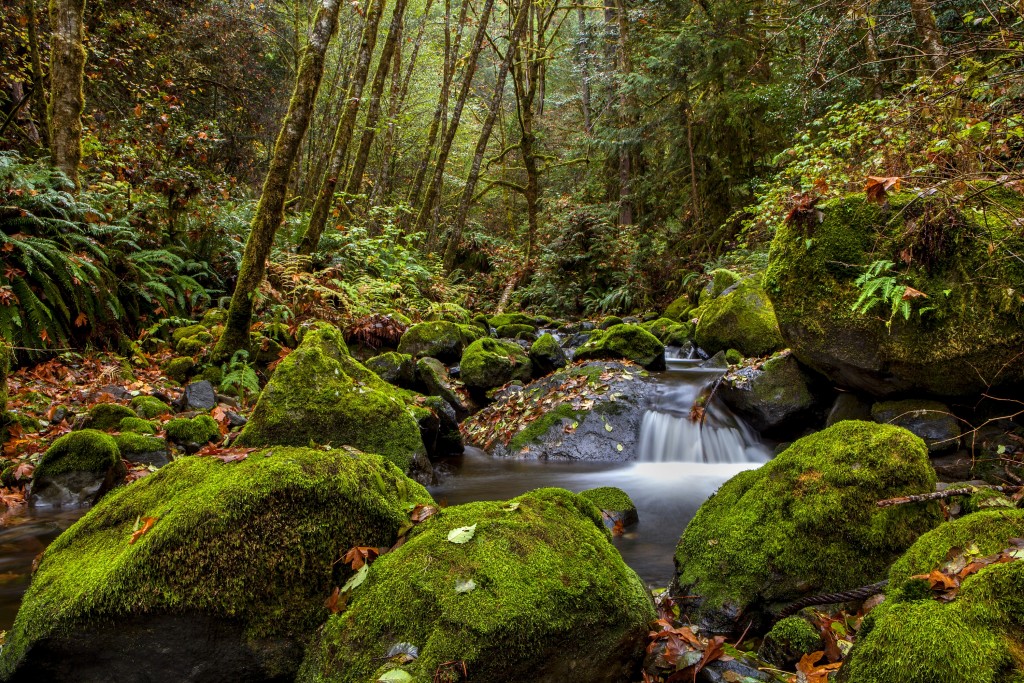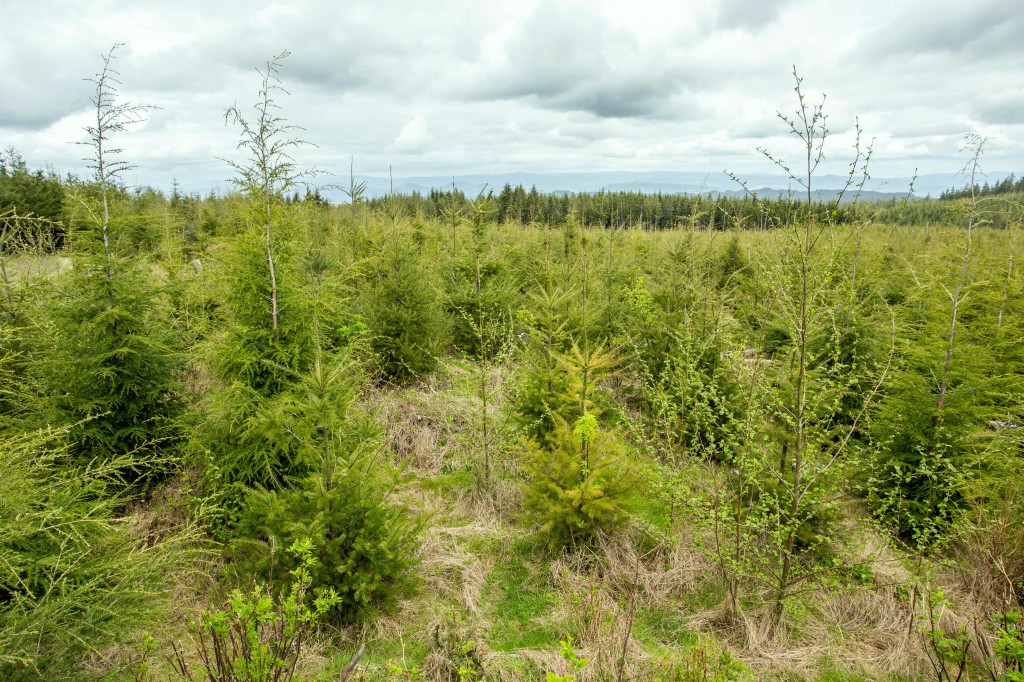On June 6, 2022 OFIC launched the start of a long-term initiative called For the Trees that showcases Oregon’s timber industry as part of the solution to the social, economic and environmental issues Oregonians care about most. The forest products sector in Oregon is undeniably part of the solution to climate change, catastrophic wildfire prevention, affordable housing, and a healthy environment, and economic opportunity for families throughout Oregon – and this campaign illustrates that.
Oregon is changing and population growth has left many Oregonians with a lack of awareness about the timber industry. For the Trees re-introduces Oregonians to one of Oregon’s flagship industries and celebrates the timber industry’s important story about being part of Oregon’s past and future.
Recently, the timber industry and environmental groups reached a historic agreement that resulted in the most comprehensive changes to Oregon’s forestry regulations in fifty years, which demonstrates how opposing sides can work together on viable solutions to some of the toughest problems facing Oregonians today. It is this spirit of collaboration that the For the Trees campaign celebrates.

